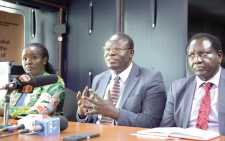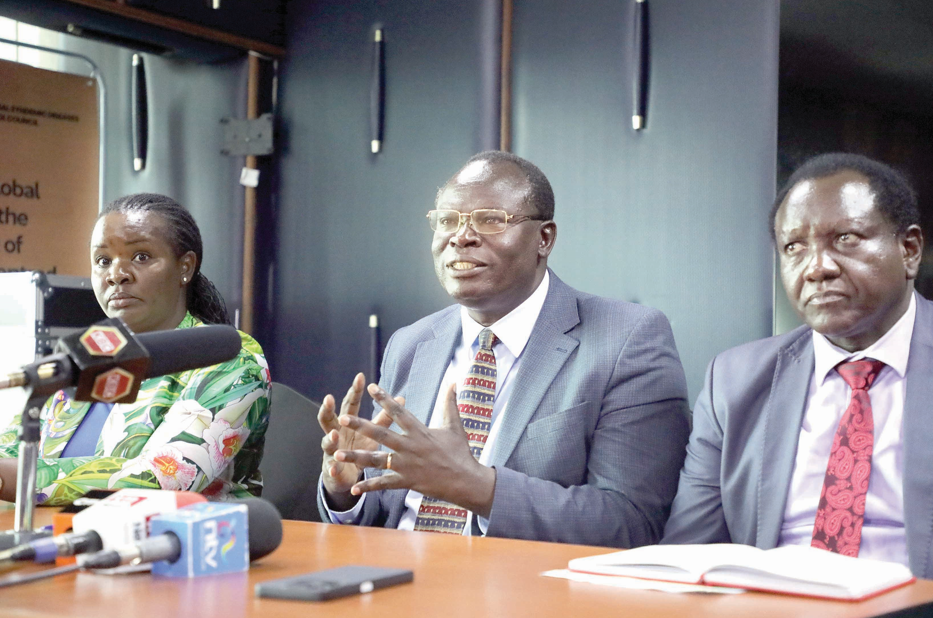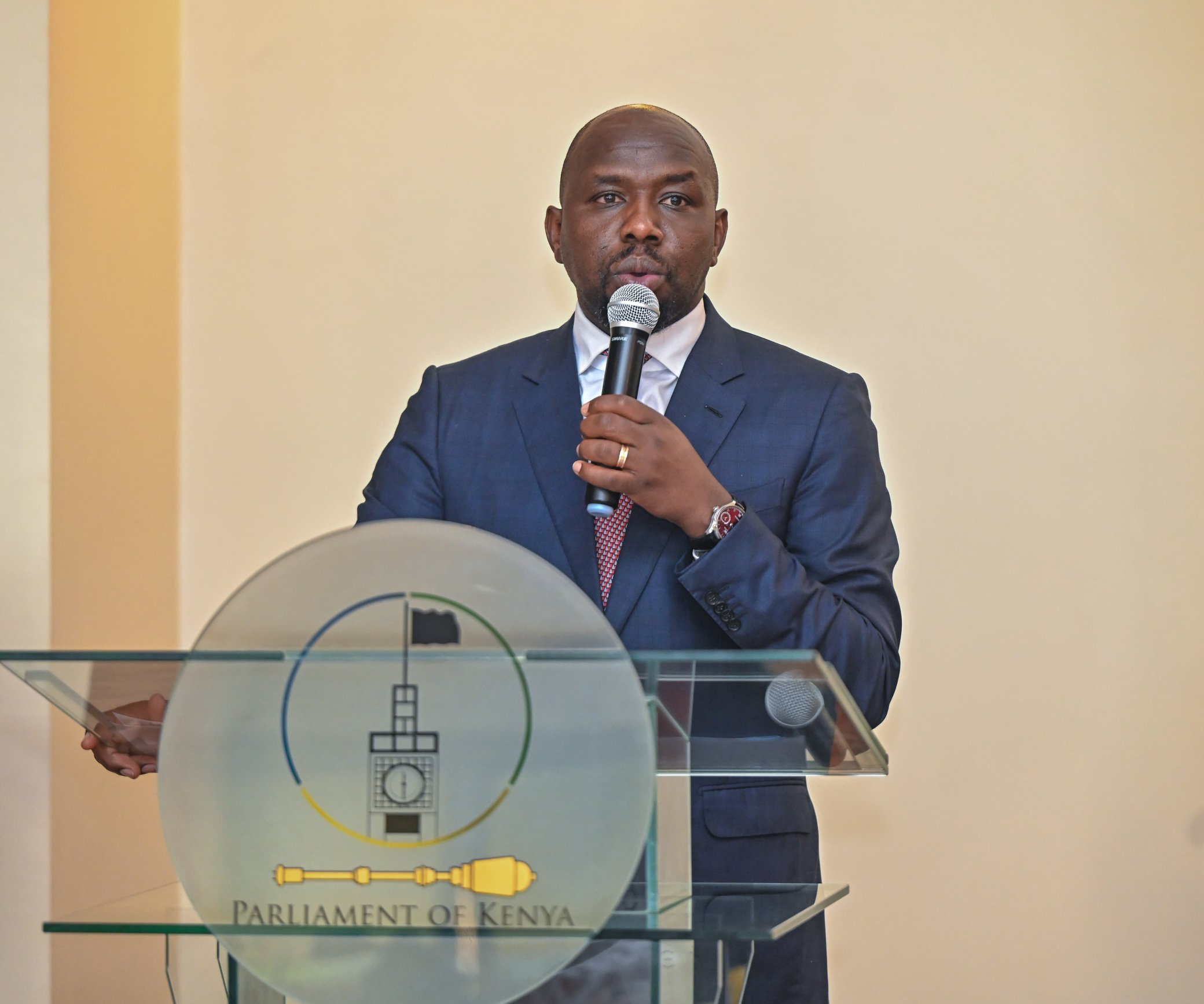The appointment and promotion of academic staff in universities are vital processes that significantly influence faculty motivation, teaching quality, research contributions, and the overall integrity of higher education. In Kenya, these mechanisms have undergone notable evolution, reflecting efforts to enhance academic standards, fairness, and alignment with national and global educational goals.
However, challenges and complexities persist, underscoring the need for a standardized framework to address disparities and ensure transparency.
Historically, Kenyan universities operated without a uniform system for academic appointments and promotions, resulting in inconsistencies across institutions. Before 2014, each university followed its own criteria, often influenced by internal discretion.
This lack of standardization created disparities, particularly between public and private universities. Then, academic staff from private institutions often faced demotions when transitioning to public universities because their criteria had lower thresholds.
Allegations of promotions based on political connections rather than merit — infamously associated with terms like “Nyayo Professors” — further undermined the credibility of the system.
To address these challenges, the Commission for University Education (CUE) introduced the Harmonised Criteria for Appointment and Promotion of Academic Staff in 2014.
This framework aimed to standardise requirements across Kenyan universities, focusing on qualifications, teaching experience, research output, and community engagement. The criteria sought to ensure merit-based promotions, enhance academic integrity, and create a level playing field for academic staff across public and private institutions.
Although the high bar set by the criteria initially faced resistance, they established order and consistency, making Kenyan professors recognised and competitive universally.
Unfortunately, the criteria faced legal challenges in 2021 when the Universities Academic Staff Union filed a case against them. The courts quashed the criteria, citing inadequate stakeholder involvement during their formulation.
This ruling effectively reverted the sector to a pre-harmonised criteria era, where universities were free to develop their own appointment and promotion standards. Consequently, a proliferation of disparate criteria emerged, raising concerns about fairness, transparency, and the potential for abuse.
The absence of standardised criteria has led to troubling practices, including instances of university administrators promoting themselves and their associates to professorial ranks without meeting basic qualifications, unabated and with impunity.
These actions undermine the credibility of academic appointments and erode confidence in Kenya’s higher education system. In light of the complexities and discrepancies surrounding academic appointments and promotions, the need for harmonised criteria has never been more pressing.
Such a framework should address the unique qualifications and training pathways of medical doctors and engineers, establishing clear guidelines that uphold the credibility of academic ranks while respecting the rigour of these professions. Medical doctors, for example, argue that their six-year MBChB degree, combined with advanced master’s training, is equivalent to a PhD.
However, the absence of a doctoral qualification often, and paradoxically, disqualify them from supervising PhD candidates, limiting their academic progression.
Engineers, on the other hand, contend that their rigorous five-year bachelor’s programmes should be equivalent to master’s qualifications. To meet promotion requirements, some have resorted to earning PhDs in unrelated fields, such as divinity, raising questions about the alignment between qualifications and academic roles.
The confusion extends to whether bachelor-level degrees in fields like clinical medicine or pharmacy should bear the title “Doctor”, further blurring professional and academic titles.
— The writer is a Professor of physical chemistry at the University of Eldoret

















